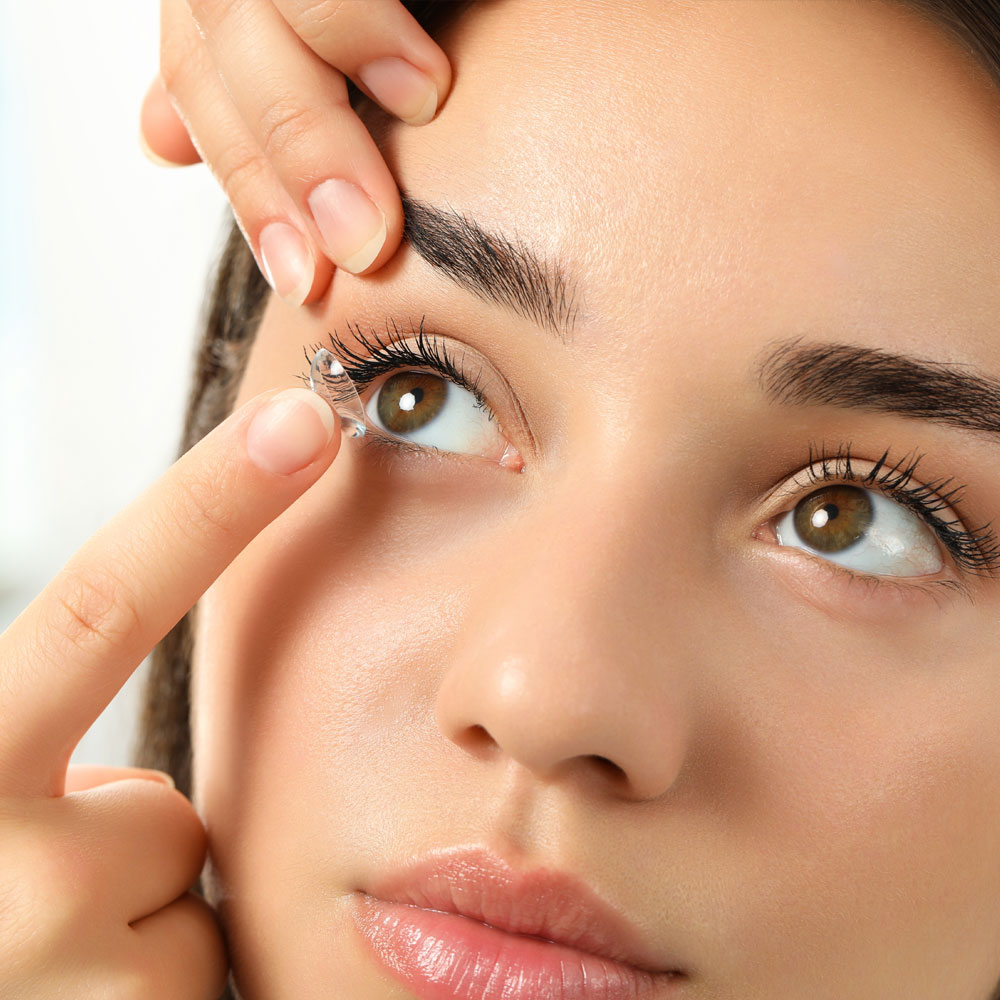
Your Myrtle Beach Eye Doctor
Off Carolina Exchange Drive, located near the Kroger Shopping Center.
About Carolina Forest Family Eyecare
At Carolina Forest Family Eyecare, you can expect to be treated like part of the family from the moment you walk in the door. We offer a variety of basic and advanced eye care services to families in and around the Myrtle Beach area. These include eye exams for kids and adults, dry eye treatments, and specialty scleral contact lenses. We also offer myopia control, to help slow or stop your child’s nearsightedness from worsening.
To learn more about how we can help you see and feel your best, come see our Myrtle Beach eye doctors today!

Our Eye Care Services

Dry Eyes
Do you have dry, itchy, gritty-feeling eyes? Dry eye syndrome is a very common condition. We offer dry eye treatments at our eye care clinic.

Myopia Management
Children with myopia are at higher risk for potentially sight-threatening vision problems. Save your child’s vision with myopia management.

Scleral Lenses
Scleral lenses are a great option for those with severe dry eye or abnormally-shaped corneas. Is this comfortable alternative to traditional contacts right for you?
Orthokeratology is a non-invasive vision correction alternative to LASIK. Put in the specialty lenses while you sleep, and experience better vision in the morning.
From updating your eyeglasses prescription to detection and treatment of eye diseases, comprehensive eye exams are important for continued visual health.
During a contact lens exam, your eye doctor will check if you are a good candidate for contacts and find the best type of contacts for your needs..
Eye diseases such as glaucoma and macular degeneration can cause severe loss of vision if not diagnosed and treated early. Our eye care team can help.
If cataracts go untreated, they can cause total blindness in the affected eye. We can help with co-management of your cataract removal surgery.
Over 50% of people living with glaucoma don’t know they have the disease as it shows no symptoms. Early detection and treatment can prevent blindness.
Astigmatism can cause vision problems such as blurred or double vision at all distances. Find out what you can do to correct astigmatism and see your best.
Macular degeneration can cause severe central vision loss if not detected and treated early on. We can help preserve your vision.
While vision can change drastically in the senior years, these changes shouldn't have to impair one's quality of life. The earlier these problems are detected and treated, the more likely proper eye care can help you retain good vision.
Eyeglasses & Frames
Designer Frames
Our extensive optical section offers a wide variety of eyeglass frames in every style, material & design. Come visit us today to see for yourself!
Our expert optical team can find just the right pair of glasses for you to be confident and look your best.
Lens coatings improve visual comfort, make it easier to clean your glasses and ensure your lenses last longer. Coatings include anti-scratch, anti-reflective, photochromatic and UV / blue light filters.
Contact Lenses
Contact Lens Fitting
We offer a wide range of contact lens options from dailies, monthly to multifocal contact lenses for crystal clear vision and superior comfort.
During a contact lens exam, your eye doctor will check if you are a good candidate for contacts and find the best type of contacts for your needs.
















